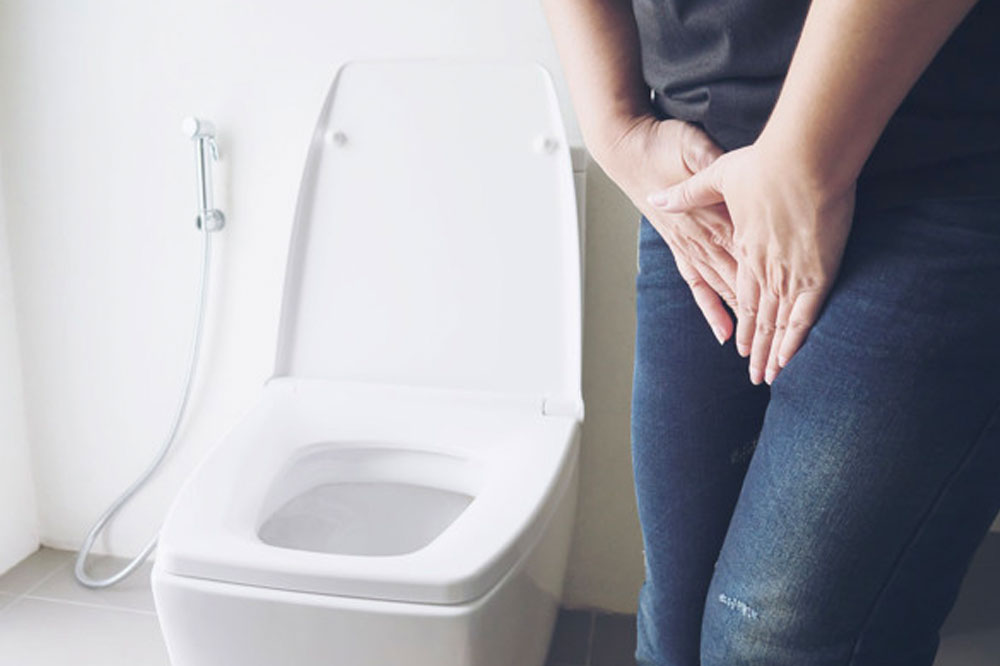
Frequent urination- Causes, signs, and management
Frequent urination is a strong urge to pass urine often. It is a symptom of various health conditions and can interfere with daily life and interrupt one’s sleep cycle. This intense urge to urinate often can arise due to an underlying disease like diabetes or bladder stones or factors like excessive fluid intake, caffeine consumption, or anxiety. Keep reading to learn more about frequent urination, its causes, warning signs, and remedies to manage it.
Causes
Several factors can lead to frequent urination. Some of the most common causes are given below.
- Urinary tract infection (UTI)- A UTI can cause an urgent and frequent need to urinate. It may be accompanied by a burning sensation while passing urine, cloudy or bloody urine, and low-grade fever.
- Bladder stones
- Diabetes- People with Type 1 or Type 2 diabetes may experience frequent urination. When the blood sugar levels are not regulated properly, it can cause additional fluids to move through the kidneys.
- Pregnancy- Pregnant women also tend to urinate more often. As the uterus expands for carrying the baby, it puts pressure on the bladder, leading to frequent urination.
- Bladder cancer- Although a rare cause, the presence of a tumor in the bladder can lead to an increased need to urinate frequently.
- Overactive bladder- An overactive bladder causes an urgent need to urinate even when it is not full. People may or may not experience urinary leakage, also called incontinence.
Warning signs and symptoms
Some symptoms of frequent urination are listed below.
- Urinating more than usual- Normally, most people urinate six to eight times daily. A frequency greater than this is an indicator of frequent urination.
- Getting up to urinate more than once at night- Another symptom associated with frequent urination is waking up at night to pee more than once. Also known as nocturia, it can disrupt your sleep cycle, causing fatigue and drowsiness.
- Painful urination- There might be a burning or painful sensation during or after urination.
- Overflow incontinence- Urine may dribble after urination due to the bladder not emptying.
- Abdominal pain- Frequent urination can also cause abdominal pain.
Treatment
The treatment will depend on the cause of frequent urination. For example, if diabetes is the trigger factor, the therapy will be aimed at keeping blood sugar levels in control. Treatment for overactive bladder may include-
- Bladder retraining- This involves increasing the time between when you have to empty the bladder. This process helps retrain the organ to hold urine longer while reducing the need to urinate frequently.
- Monitoring fluid intake- It is important to drink enough fluids during the day and avoid drinking before bedtime to prevent nighttime bathroom visits.
- Kegel exercises- Exercising the pelvic muscles can make a difference in improving bladder control. Kegel workouts help strengthen the muscles around the bladder and pelvis, helping to reduce urinary frequency.
- Nutritional changes- Avoiding foods that irritate the bladder can also help reduce urinary frequency. Chocolates, artificial sweeteners, spicy foods, and carbonated drinks should be avoided. Eating high-fiber foods can help prevent constipation, which can worsen the symptoms of an overactive bladder.
Frequent urination can be irritating and stressful. Therefore, it is important to identify the trigger factors to find the proper treatment because, without therapy, frequent urination can permanently damage the kidneys.




